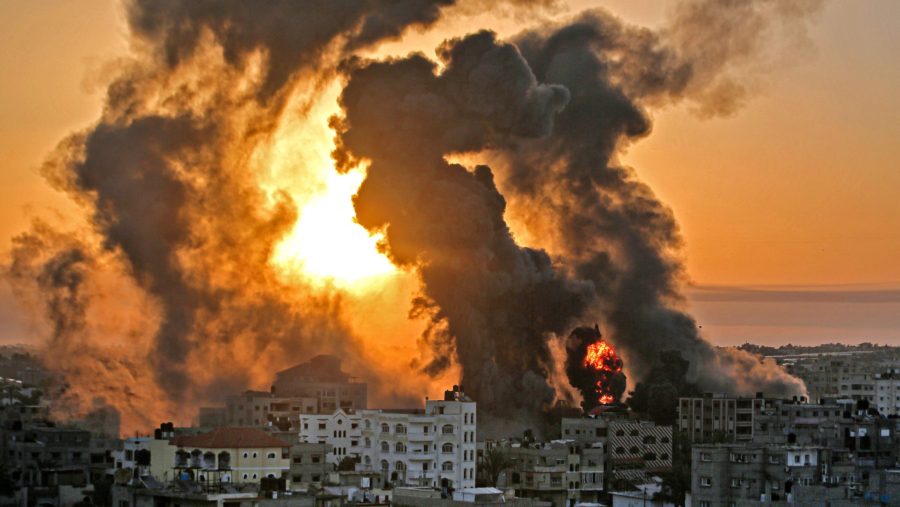
The Israeli-Palestinian conflict won’t be the same again
Yet to many analysts and close observers of the Israeli-Palestinian conflict, there may be no going back to the way things once were. The intensity of this latest round of violence took both the Israeli government and the Biden administration by surprise. It should not have.
The coals were stoked away from Gaza, by the provocations of Israeli police and emboldened Jewish far-right vigilantes marching through Jerusalem. Palestinian protests against planned evictions in the contested holy city and the clashes that ensued all came to a head when Israeli security forces decided to storm al-Aqsa Mosque. Hamas then saw an opportunity to don the mantle of the defender of the third-holiest site in Islam as well as broader Palestinian claims to Jerusalem, and launched its attacks. The resulting war sprawled across the land between the river and the sea, with clashes in the West Bank as well as between Arab and Jewish Israelis in cities inside Israel’s 1967 borders.
The explosion of tensions exposed the internal dysfunctions among both the Israeli and Palestinian political camps. For the former, two years of ceaseless electioneering and the failure to form a stable ruling coalition either with or without Prime Minister Benjamin Netanyahu weakened governance and has brought far-right groups once considered too extremist into the political mainstream. For the latter, a crisis of legitimacy facing the beleaguered Palestinian Authority and its aging President Mahmoud Abbas has only intensified. Hamas’s renewed militancy followed a decision by Abbas to scrap the first planned Palestinian elections after more than a decade and a half.
Israeli and U.S. officials may tout the return of “calm” after a cease-fire, but experts fear the opposite. There is no meaningful dialogue between an unpopular, enfeebled PA and a right-wing Israeli government where many politicians now openly reject the idea of an independent Palestinian state. Israel’s entrenched system of control over the Palestinian territories and its creeping annexation of Palestinian lands, unchecked for years by an acquiescent United States, may only provoke more angry resistance.

